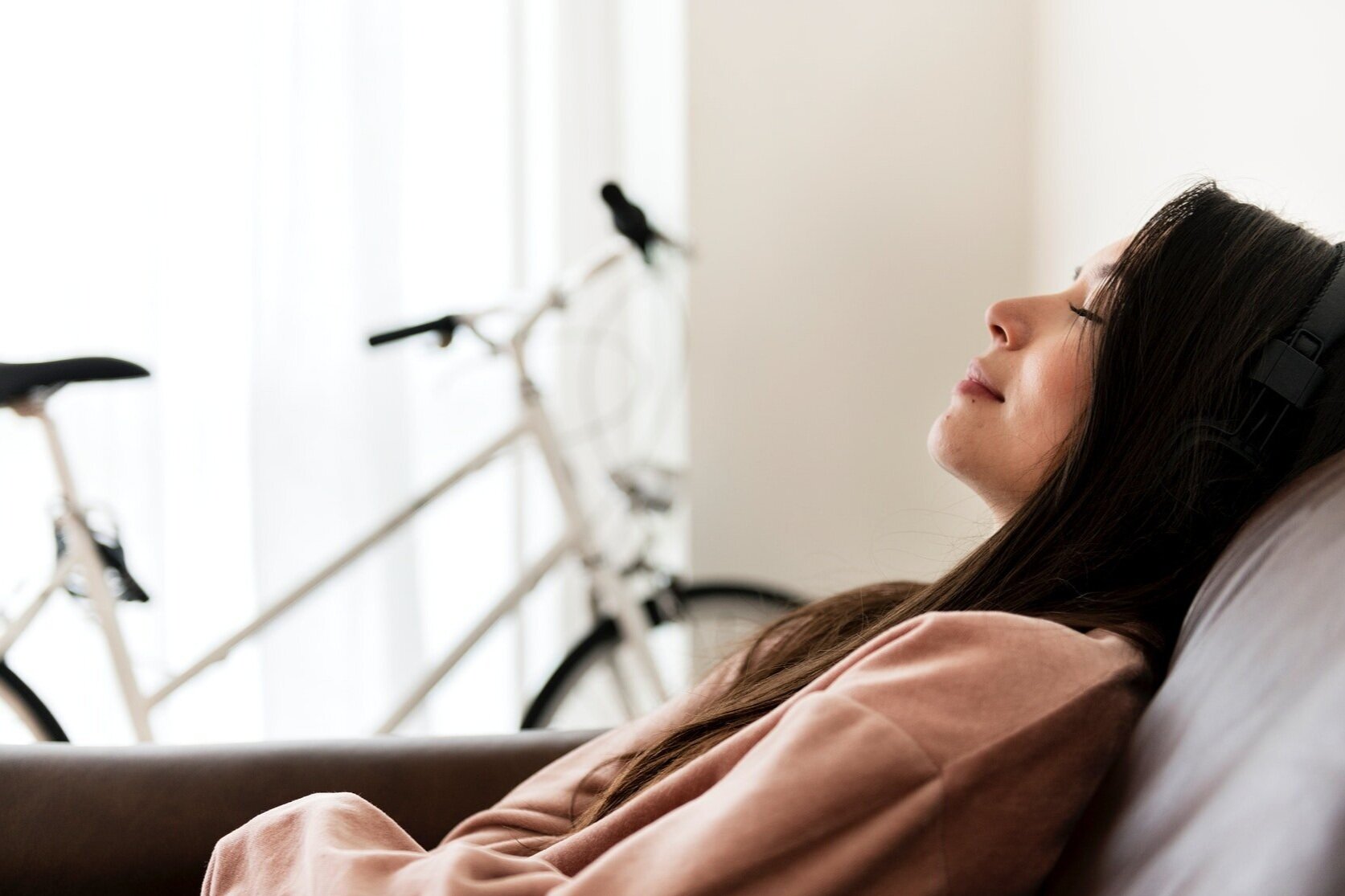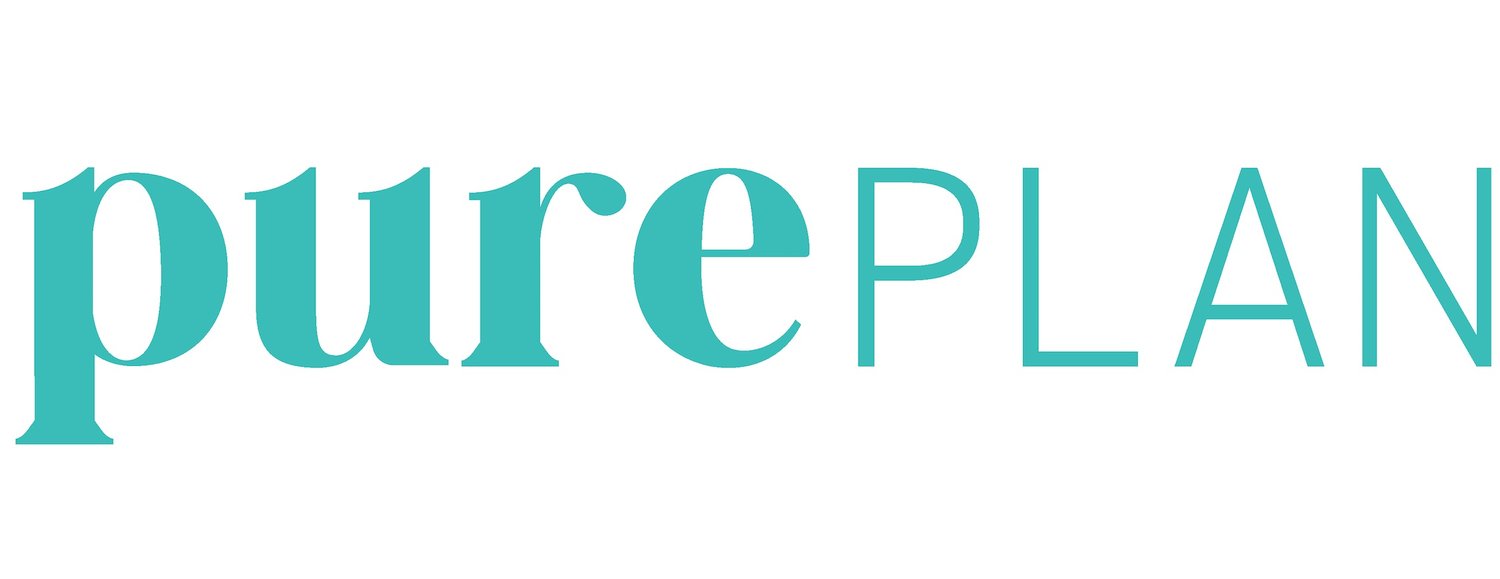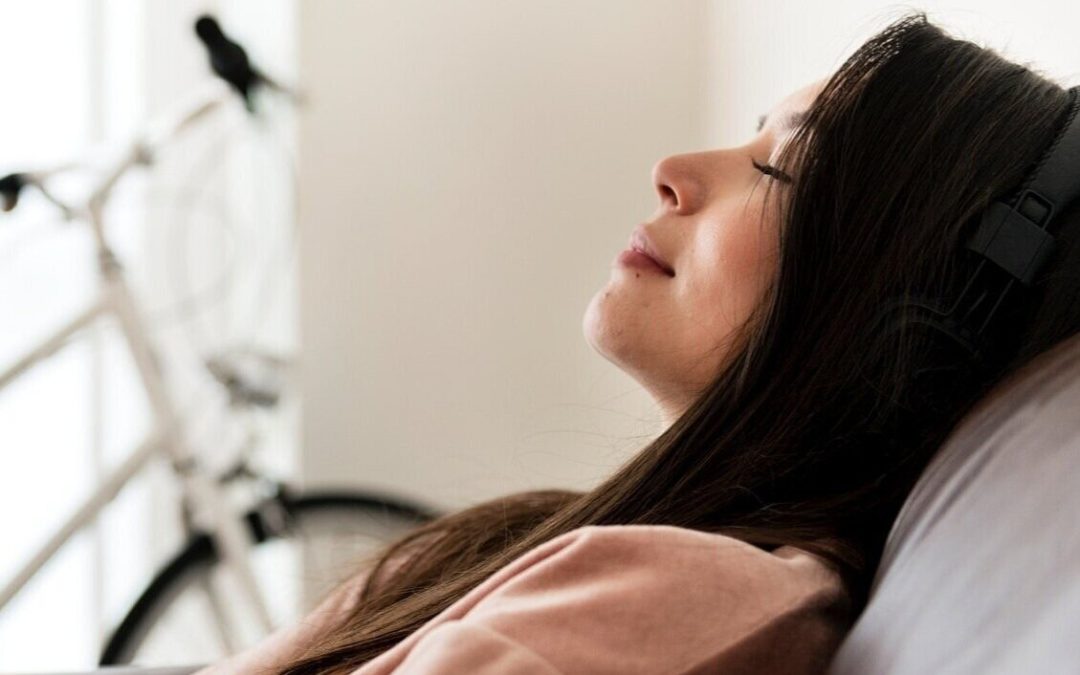
In a recent article by the ADAA (Anxiety & Depression Association of America) cancelled travel plans, indefinite isolation, panic over scarce resources and information overload about COVID- 19 could be a recipe for unchecked anxiety and feelings of isolation. Written by Dr. Aarti Gupta, PsyD and Founder/Clinical Director at Therapy Nest, A Center for Anxiety and Family Therapy in Palo Alto, California, she outlines a few pointers that could help you survive spiraling negative thoughts about this uncertain time.
Reframe “I am stuck inside” to “I can finally focus on my home and myself”
As dismal as the world may feel right now, think of the mandated work-from-home policy as an opportunity to refocus your attention from the external to the internal. Doing one productive thing per day can lead to a more positive attitude. Set your sights on long-avoided tasks, reorganize, or create something you’ve always wanted to. Approaching this time with a mindset of feeling trapped or stuck will only stress you out more. This is your chance to slow down and focus on yourself.
Stay close to your normal routine
Try and maintain some semblance of structure from the pre-quarantine days. For those individuals with children, sticking to a routine might be easier; however as you work from home, it could be tempting to fall into a more lethargic lifestyle, which could lead to negative thinking. Wake up and go to bed around the same time, eat meals, shower, adapt your exercise regimen, and get out of your PJ’s. Do laundry on Sundays as usual. Not only will sticking to your normal routine keep you active and less likely to spiral, it will be easier to readjust to the outside world when it’s time to get back to work.
Avoid obsessing over endless Coronavirus coverage
Freeing up your day from work or social obligations gives you plenty of time to obsess, and if you have a tendency to consult Google for every itch and sneeze, you may be over-researching the pandemic as well. Choosing only certain credible websites (who.int or cdc.gov is a good start) for a limited amount of time each day (perhaps two chunks of 30 minutes each) will be in your best interest during this time.
A chaotic home can lead to a chaotic mind
With all the uncertainly happening outside your home, keep the inside organized, predictable and clean. Setting up mental zones for daily activities can be helpful to organize your day. For example, try not to eat in bed or work on the sofa- just as before, eat at the kitchen table and work at your desk. Loosening these boundaries just muddles your routine and can make the day feel very long. Additionally, a cluttered home can cause you to become uneasy and claustrophobic of your environment – so keep it tidy.
Start a new quarantine ritual
With this newfound time, why not do something special during these quarantined days? For example, perhaps you can start a daily journal to jot down thoughts and feelings to reflect on later. Or take a walk every day at 4pm, connect with your sister over FaceTime every morning, or start a watercolor painting which you can add to everyday. Having something special during this time will help you look forward to each new day.
Use telehealth as an option to talk to a professional if your anxiety becomes unmanageable
Many licensed psychologists are offering telehealth options over HIPAA-compliant video chat platforms. Remember to reach out for help if your anxiety is reaching proportions that are unmanageable without professional help.
CBD has been shown to help reduce many forms of anxiety and depression
And in addition to the advice from Dr. Gupta, we also understand that giving your body the support it needs to be calm in these times is essential. Research shows that for generalized anxiety disorder (GAD), the National Institute on Drug Abuse (NIDA) says that CBD has been shown to reduce stress in animals such as rats. Study subjects were observed as having lower behavioral signs of anxiety. Their physiological symptoms of anxiety, such as increased heart rate, also improved. More research is being done, specifically on humans.
CBD may also benefit people with other forms of anxiety, such as social anxiety disorder (SAD) and post-traumatic stress disorder (PTSD). It may help treat anxiety-induced insomnia as well.
CBD may also benefit people with other forms of anxiety, such as social anxiety disorder (SAD) and post-traumatic stress disorder (PTSD). It may help treat anxiety-induced insomnia as well.
In 2011, a study researched CBD’s effects on people with SAD. Participants were given an oral dose of 400 milligrams (mg) of CBD or a placebo. Those who received CBD experienced overall reduced anxiety levels.
Multiple recent studies have shown that CBD can help with PTSD symptoms, such as having nightmares and replaying negative memories. These studies have looked at CBD as both a standalone PTSD treatment as well as a supplement to traditional treatments like medication and cognitive behavioral therapy (CBT).
So remember that we all will get through this, and do what you can to keep healthy.

